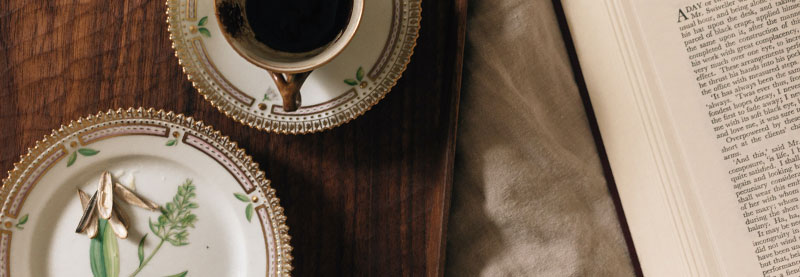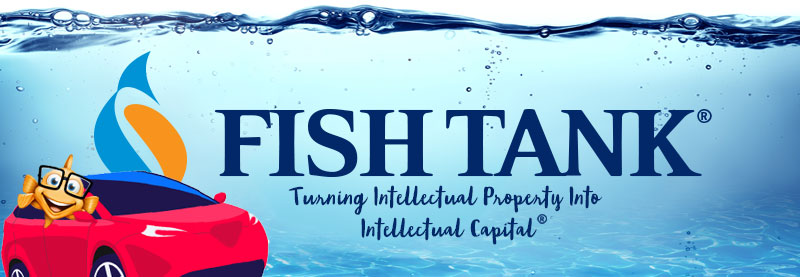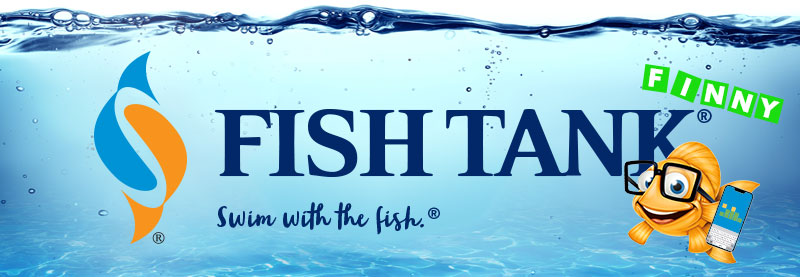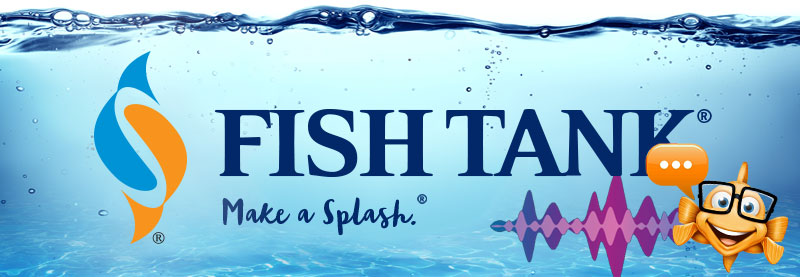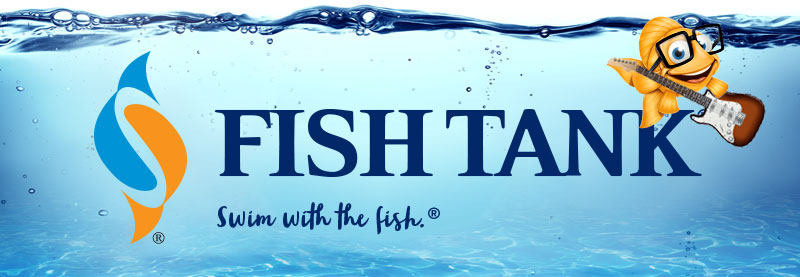Intellectual Property Insights from Fishman Stewart PLLC
Newsletter – Volume 23, Issue 8
Share on Social
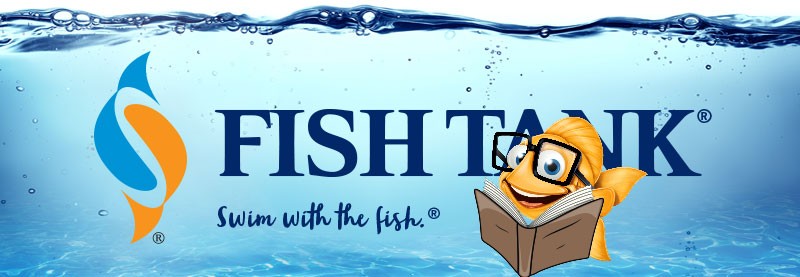
Charles Dickens and the Ghost of Copyright Future
This was not a new issue in the mid-1800s. Benjamin Franklin, an iconic American politician, publisher, inventor, and Founding Father, would be considered a consummate copyright pirate today. In his role as a Philadelphia printer, Franklin regularly re-published the works of foreign authors in the eighteenth century without seeking permission or offering remuneration.
To be fair to Franklin, the US, like many other countries in the 1700s and 1800s, had no copyright protection for the published creative works of foreign authors. This means that any creative work of a non-American author was free to be copied, distributed, adapted, displayed, or in the case of non-literary works, even performed with no legal requirement to provide remuneration to its creator. The same was true of American-made works in England and other countries.
During his North American reading tour in 1842, Charles Dickens lobbied US legislators to recognize the copyrights of British authors but was unsuccessful. Despite receiving substantial pushback from publishers and the public in this first attempt, Dickens raised the issue again during another North American reading tour in 1867, to no avail.
It was not until 24 years later that the US enacted the International Copyright Act of 1891 to extend at least some copyright protection to foreign authors of select countries. In turn, American authors began to have their own works protected pursuant to the copyright laws of those countries.
Today, we often think of copyright protection in a global sense—especially since the advent of the Internet. The reality is that copyright protection has been—and continues to be—an evolving area of law in terms of what is protected, where that protection applies, and how long the term of protection endures. For other forms of intellectual property, things are more clear cut. For example, patents receive no reciprocal protection from country to country. In other words, patents may only be asserted in the country or jurisdiction where they are granted.
Even with the expansion of copyright protection toward the advantage of rights holders, protection is only available for a limited time. Every year, creative works go into the public domain, such as Winnie the Pooh and Happy Birthday.
Until works enter the public domain, however, libraries provide crucial access to copyrighted works along with the services of librarians who are experts at finding, selecting, circulating, and organizing the information associated with such works. National Library Week is being celebrated in the United States starting April 23rd. In keeping with the theme of this year’s celebration, “There’s More to the Story,” remember the trials and tribulations of Charles Dickens in protecting his writings in the United States, and celebrate by reading another chapter.
Michael Stewart is a founding member of Fishman Stewart. He has worked in a wide range of technical areas including information technology, e-commerce, telecommunications, and mechanical, aerospace, computer, and nuclear engineering. His practice includes domestic and foreign patent prosecution, e-commerce and information technology, patent opinions, intellectual property litigation, domestic and foreign trademark prosecution, trademark opinions, copyrights, trade secrets, rights of publicity, intellectual property evaluations/due diligence and drafting and negotiating technology and intellectual property agreements. Check out his full bio here.

If you are interested in learning more about Charles Dickens or are a fan of the modern American rock star Prince, author Nick Hornby recently published a book about the art, creativity, and the unlikely similarities between these two men. It is an entertaining read!
Related Content from Fishman Stewart
Car enthusiasts are buzzing about Alfa Romeo's latest SUV which is also its first EV (plus a hybrid option). Initially branded as “Milano,” the name was changed to "Junior" after it was announced that the car would be produced in Poland.
The online word game Wordle was created in 2021 by Josh Wardle and quickly rose in popularity. Players receive a new puzzle daily with six chances to correctly guess a five-letter word of the day with limited clues.
In a recent decision, the U.S. Court of Appeal for the Eighth Circuit affirmed a jury verdict holding that the use of the "Success Kid" meme by a congressman's reelection campaign for fundraising purposes did not qualify as fair use.
In February 2024, proposed legislation was introduced in US House of Representatives which would extend copyright protection to golf courses. The bill is titled “Bolstering Intellectual Rights against Digital Infringement Enhancement Act” or the “BIRDIE Act”.
OpenAI recently held a live demonstration of a new ChatGPT version that included the use of an AI personal assistant voice dubbed “Sky.” Many observers compared Sky to Scarlett Johansson’s voice in the 2013 Spike Jonze romantic sci-fi film “Her,” which centers on a man who falls in love with the female voice of his computer’s operating system.
June is Pride Month, which honors the 1969 Stonewall Uprising in Manhattan and recognizes the impact that lesbian, gay, bisexual, and transgender (LGBTQ+) individuals have had on history locally, nationally, and internationally. The United States Patent and Trademark Office flies the Pride Flag and promotes the Pride community’s contributions with programming offered annually.
First-time inventions have led inventors to great successes throughout history, sometimes immediately, sometimes after several more attempts at more useful inventions. In the U.S., two very famous inventors with contrasting first-time experiences are Thomas Edison and Alexander Graham Bell.
June is Pride Month. This year we are celebrating with some IP tips for drag performers! Drag performers can protect their intellectual property by registering the copyrights in their original works of music, choreography, and comedy sketches.
Bands often start out as creative endeavors among friends, and bands may not prove lucrative for many years, if at all. Until bands break up, thought and planning may not be given to who is the owner of the band names and entitled to use them going forward.
You’re rarely more than a few yards from Finny’s favorite chips, semiconductor chips to be precise. But what exactly is a semiconductor chip?
IDENTIFYING, SECURING AND ADVANCING CREATIVITY®


